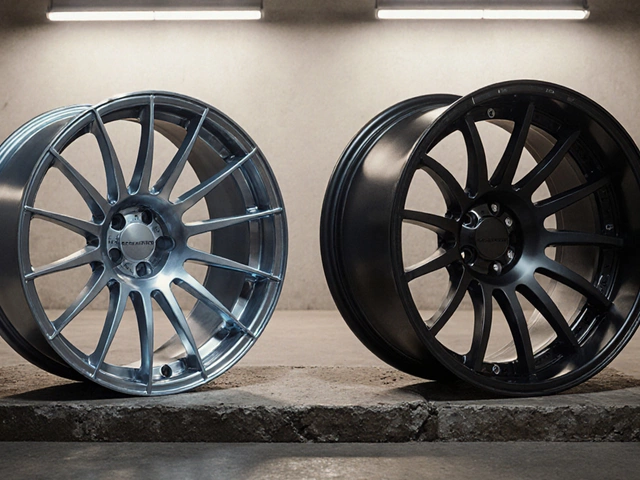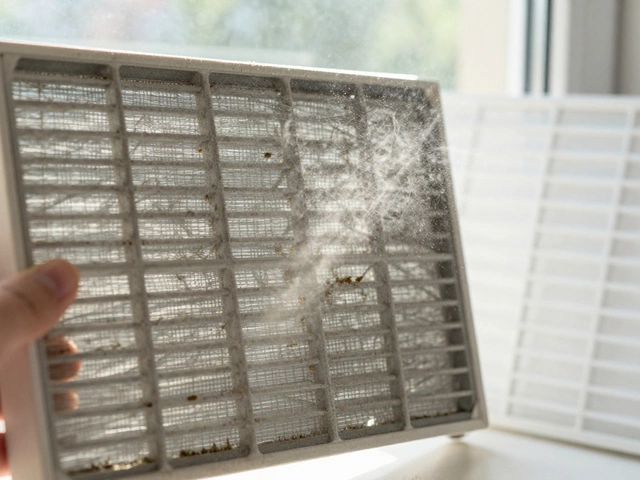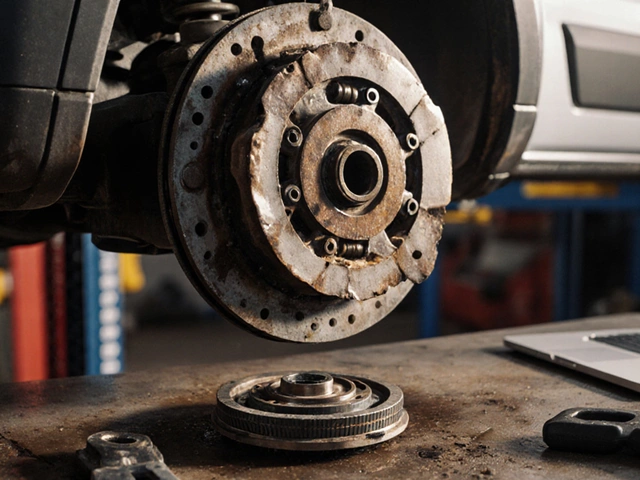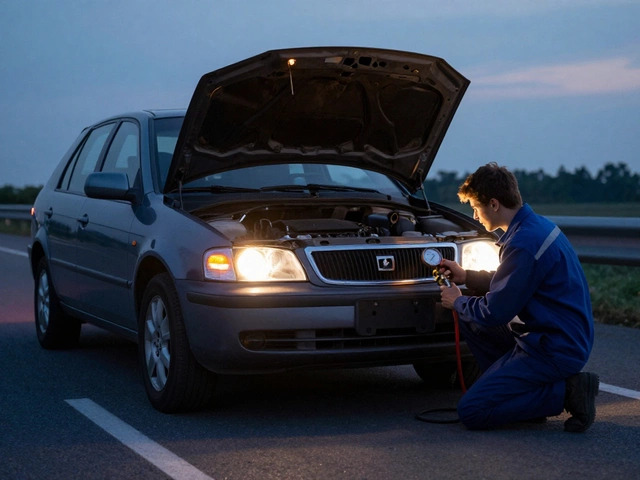
Uneven Tire Wear: Why It Happens and What to Do About It
When your tires wear unevenly, it’s not just a sign of old rubber—it’s a red flag that something’s wrong with your car. Uneven tire wear, the abnormal wearing down of tire tread on one side, in patches, or in a cupped pattern. Also known as irregular tire wear, it’s one of the most common but ignored signs of mechanical trouble. You might not notice it at first, but over time, it kills your tires faster, hurts your fuel economy, and makes your ride shaky or pull to one side.
This isn’t random. Uneven tire wear usually links to three big problems: suspension problems, worn shocks, struts, or control arms that let the tire bounce or tilt unnaturally, wheel alignment, when your tires aren’t angled right, causing them to scrub sideways as you drive, and brake issues, like sticking calipers that drag a tire and create flat spots. These aren’t separate issues—they feed into each other. A bad suspension throws off alignment. Poor alignment wears tires unevenly. Worn tires put more stress on your brakes and suspension. It’s a cycle.
You can spot it yourself. Look closely at your tires. If one side is bald while the other still has tread, that’s camber wear. If you see a scalloped or cupped pattern across the tread, that’s usually a sign of worn shocks. If the wear is only on the inner or outer edge, your alignment is off. If you see a flat spot on one part of the tire, it might be a dragging brake. These aren’t guesses—they’re patterns mechanics see every day. And they’re all fixable, if caught early.
Ignoring uneven tire wear doesn’t save money—it costs you. You’ll replace tires twice as fast. Your car will handle worse in rain or snow. Your fuel bill will creep up. And worse, you could lose control on a sudden turn. The good news? Most of these problems show up in the posts below. You’ll find real examples: how bad suspension leads to cupped tires, why misaligned wheels eat through tread on one side, and how brake drag creates dangerous flat spots. No fluff. No theory. Just what you need to spot the problem, understand why it’s happening, and decide if you can fix it yourself—or if you need a pro.
-
28 Apr





